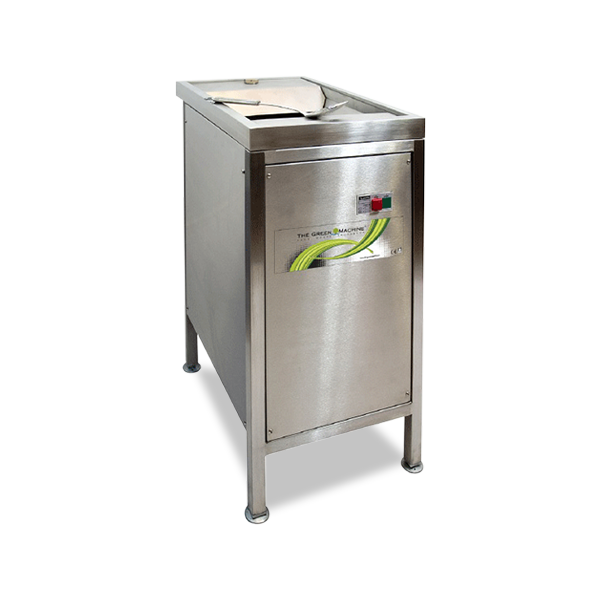TGMi FS300 MCS is a High powered food waste disposer including Magnetic Cutlery savers. Our machine pulverizes all types of Marine refuse including bones into small pieces for disposal. Use of this kind of equipment is necessary for compliance with the MARPOL 1973/78 ANNEX V regulation which states that the disposal of refuse will only be permitted in areas 3 nautical miles or more from shore and when the refuse has been broken down into particles capable or passing through an opening 25 mm or less in size. In all our disposers we use 1 type high power Siemens Motor with Tungsten Carbide Cutting blocs and a Stainless Steel Cutter ring. Triple lip seal protects engine from water damage. Secondary spring-loaded oil seal provides double protection against water and loss of grease. Our Disposer delivers superior performance (Max 350kg food Waste per hour), quiet operation, maximum energy efficiency and long service life.
Voltage in stock 220-1-50/60 machines in 3 phase 4 wire 440/460 Volt can be built on special request.The dimensions of the refuse disposer are H 850/865mm x W 400mm x D 600mm.

